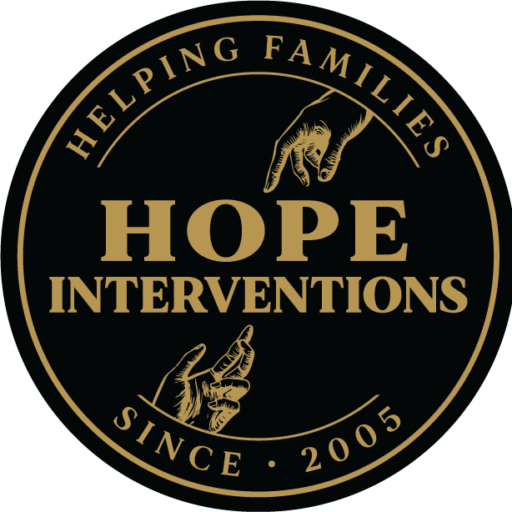Conducting an intervention for a loved one struggling with addiction is a challenging and emotionally charged endeavor. While family and friends have the best intentions, the complexity and sensitivity of addiction often require the expertise of a professional. At Hope Interventions, we understand the pivotal role that professional guidance plays in the success of an intervention. Here, we explore why seeking professional help is crucial in these situations.
Expertise and Experience
Professional interventionists are trained and experienced in handling addiction and the intervention process. Their expertise includes:
Understanding Addiction: Professionals have in-depth knowledge of addiction as a disease and its psychological, physical, and emotional impacts.
Intervention Techniques: They are skilled in various intervention models and can choose the most appropriate approach for the situation.
Crisis Management: Professionals are prepared to handle emotional outbursts, resistance, and crisis situations that may arise during an intervention.
Objectivity and Neutrality
Family members and friends are emotionally invested in the well-being of their loved one, which can sometimes cloud judgment and escalate tensions. A professional interventionist provides:
Impartial Perspective: As an outsider, they can maintain objectivity and ensure the focus remains on the goal of getting help.
Mediation Skills: Professionals can mediate discussions, reducing the likelihood of conflicts and emotional escalations.
Calm Presence: Their neutral stance helps keep the environment calm and constructive.
Structured Planning and Preparation
Successful interventions require meticulous planning and preparation. Professional interventionists assist in:
Developing a Plan: Crafting a detailed and strategic intervention plan tailored to the individual’s needs and circumstances.
Rehearsal and Guidance: Coaching the intervention team on what to say, how to say it, and how to handle potential reactions.
Resource Preparation: Providing information on treatment options and ensuring that resources are ready for immediate admission if the individual agrees to seek help.
Effective Communication Strategies
Communicating effectively with someone struggling with addiction is crucial. Professional interventionists:
Guide Dialogue: Help family and friends express their concerns and love in a non-confrontational manner.
Avoid Blame: Teach the team to avoid language that might trigger defensiveness or shame.
Promote Empathy: Encourage empathetic and supportive communication, focusing on care and concern rather than criticism.
Support for Families
Addiction affects not only the individual but also their loved ones. Professional guidance provides:
Emotional Support: Offering support and counseling to family members throughout the intervention process.
Education: Educating families about addiction, enabling them to better understand and support their loved one.
Post-Intervention Support: Helping families develop strategies for ongoing support and maintaining healthy boundaries.
Increased Chances of Success
The primary goal of an intervention is to persuade the individual to seek treatment. Professional interventionists significantly increase the likelihood of success by:
Tailored Approaches: Utilizing strategies that are most likely to resonate with the individual.
Experience with Resistance: Knowing how to effectively manage and overcome resistance or denial.
Immediate Action: Ensuring that once the individual agrees to treatment, they can be admitted to a facility without delay.
Follow-Up and Continued Support
The journey to recovery doesn’t end with the intervention. Professionals provide ongoing support:
Aftercare Planning: Helping develop a comprehensive aftercare plan to support long-term recovery.
Relapse Prevention: Offering strategies and resources to prevent relapse and handle potential setbacks.
Continued Guidance: Providing ongoing counseling and support for both the individual and their family.
Conclusion
The importance of professional guidance in interventions cannot be overstated. At Hope Interventions, we believe that the expertise, objectivity, and structured support that professionals bring to the table are invaluable in helping individuals and families navigate the challenging journey of addiction recovery.

